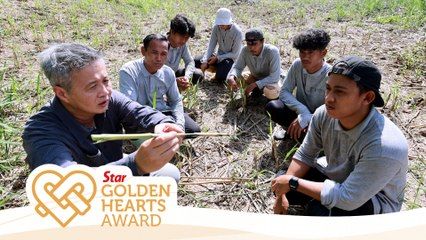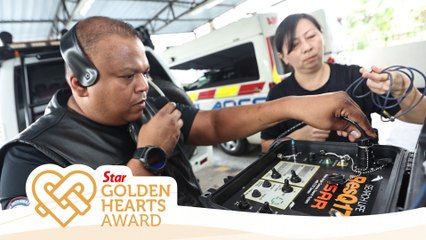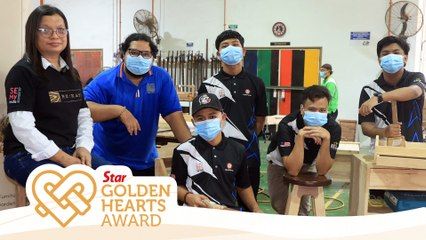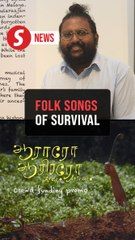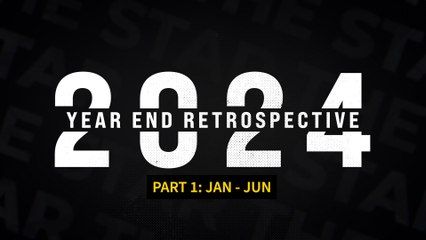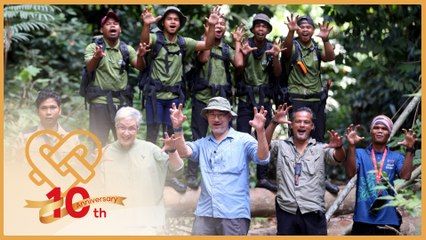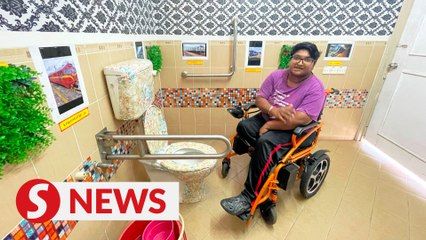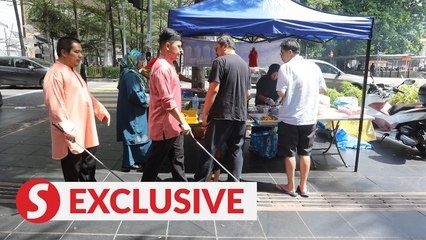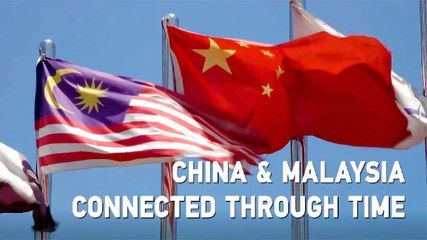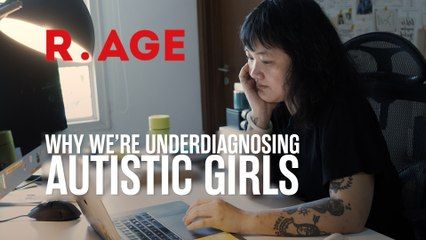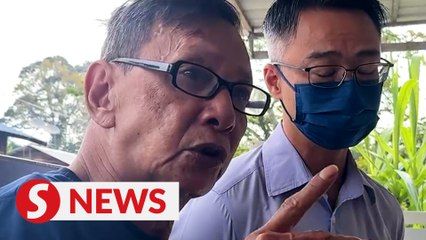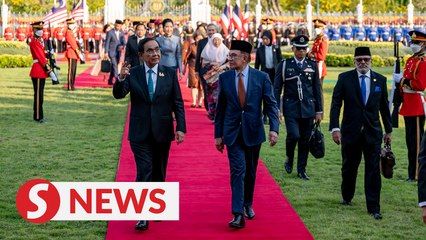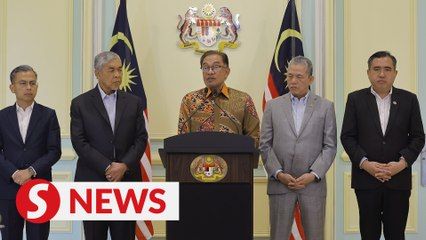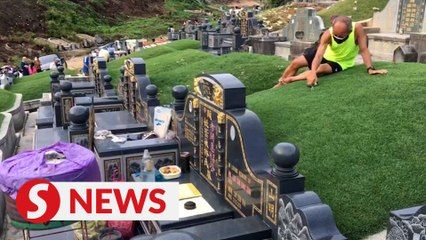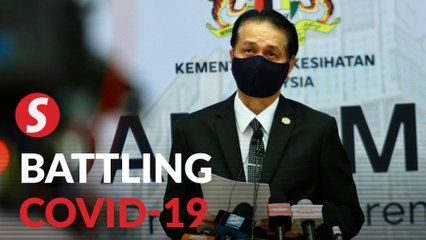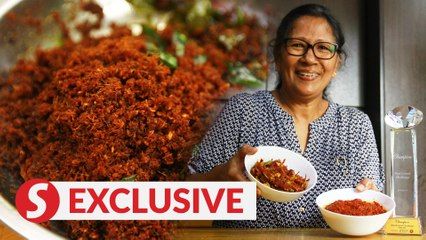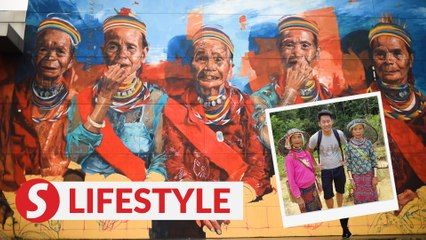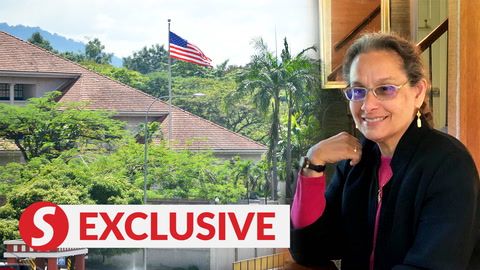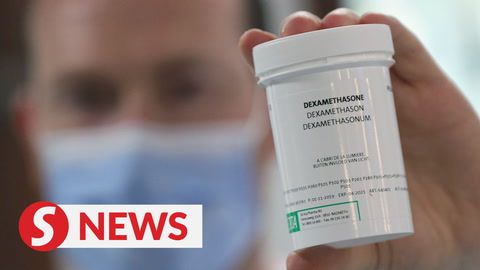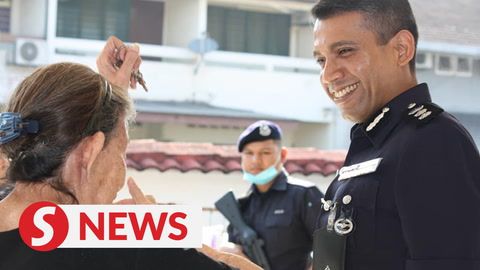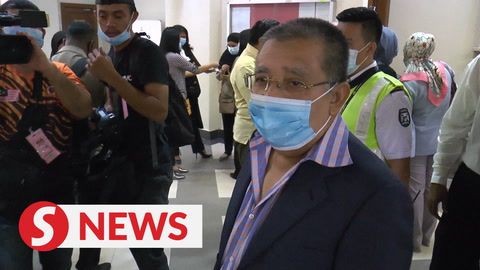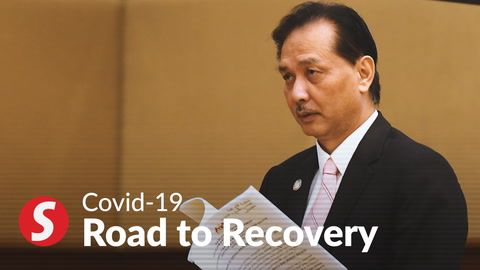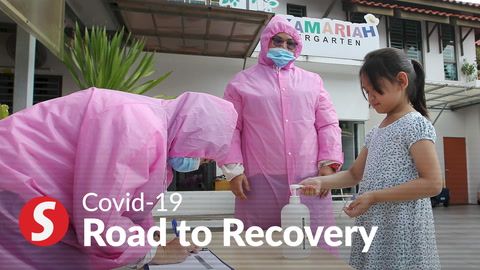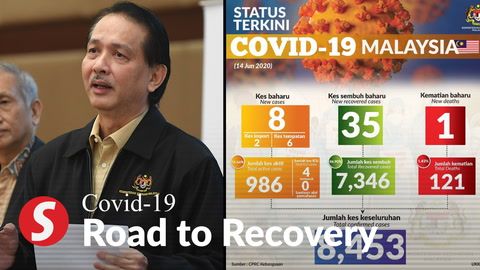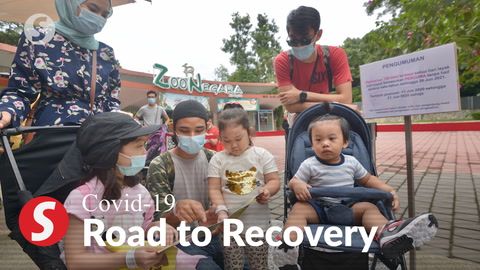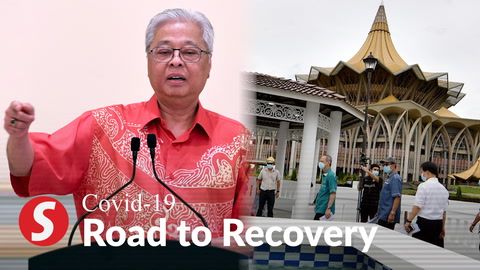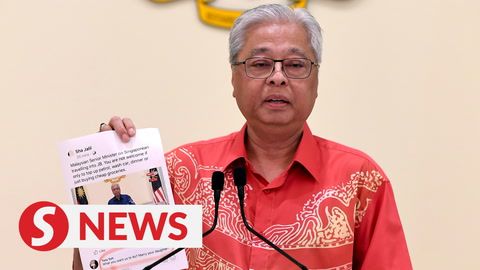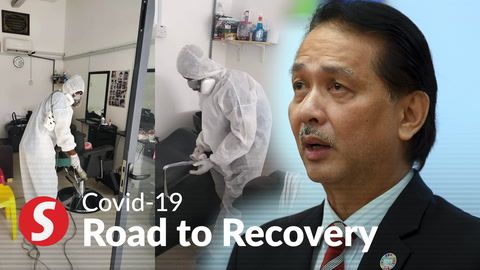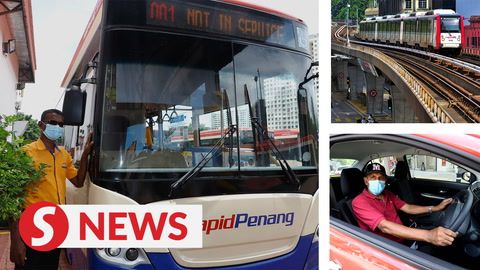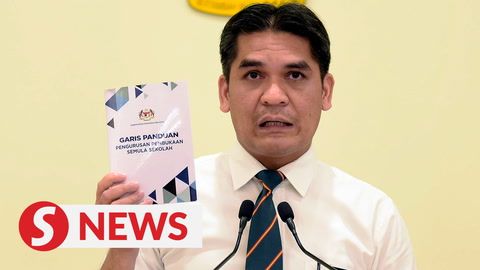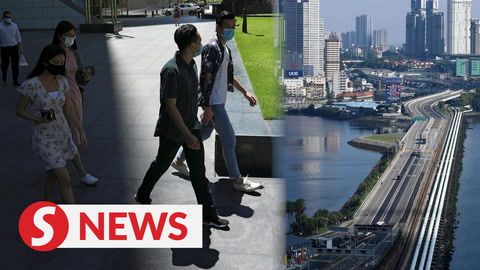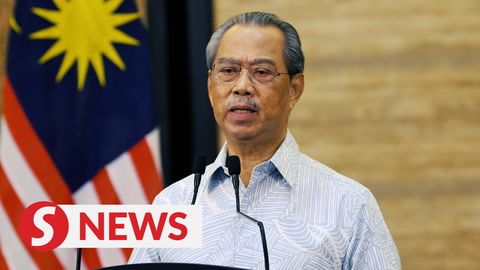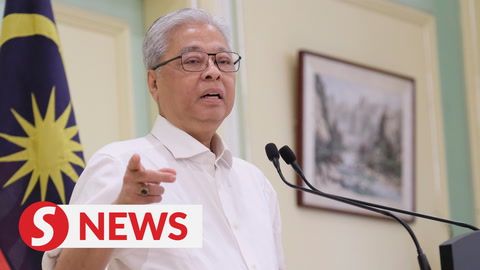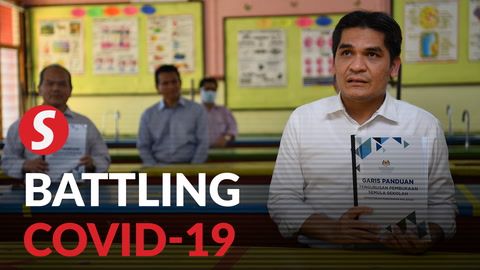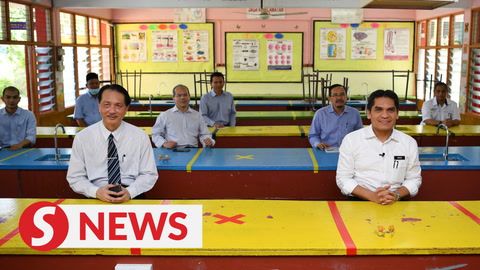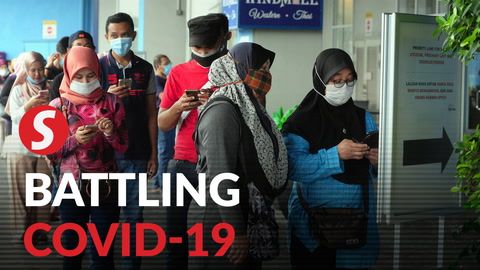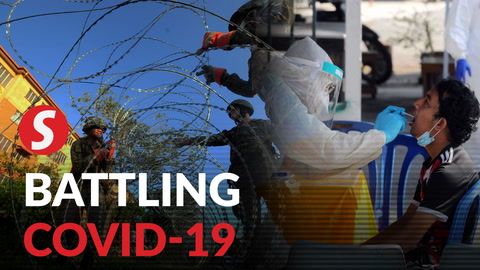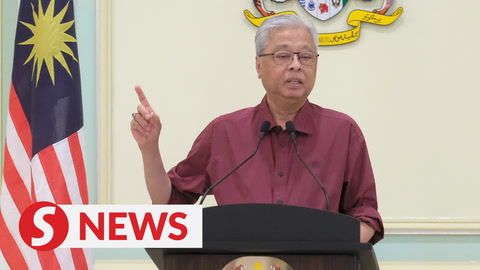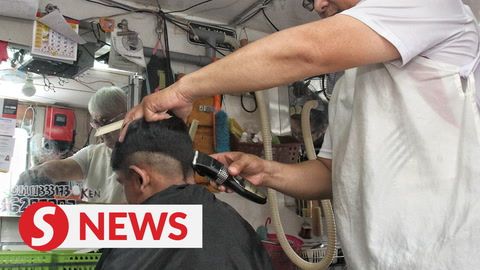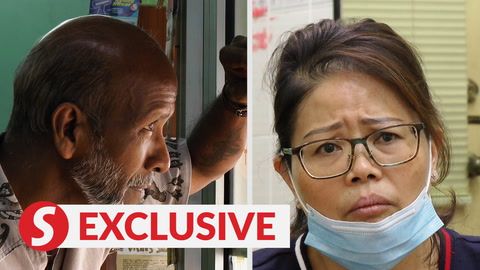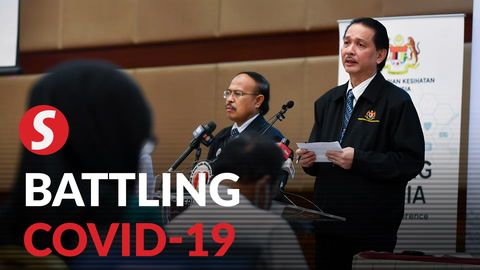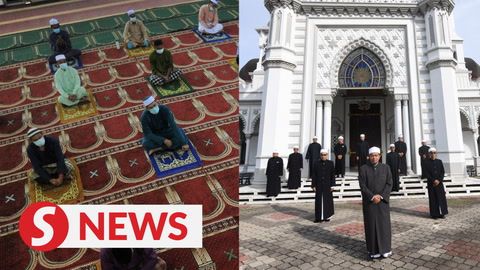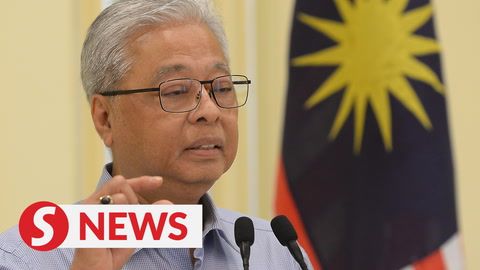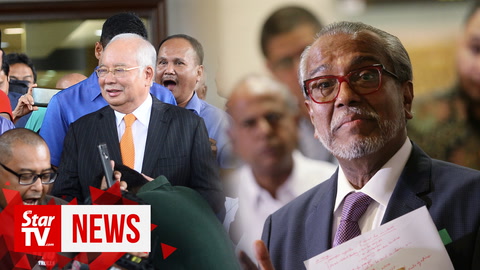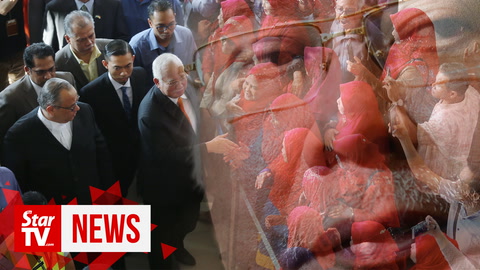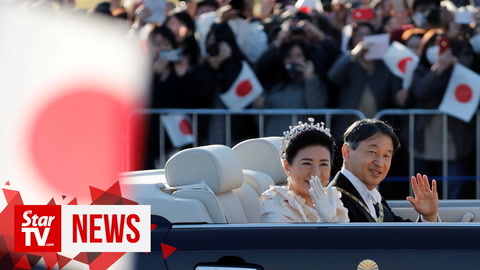The perfect cup part two: Adi the Q-grader
Published on 14 Jul 2016 2:17:11 PM
In the final part of the perfect cup, Jakarta Post Digital talks to Adi W. Taroepratjeka, 39, a certified Q-grader instructor. Adi is one of those listed on the growing list of Q-graders in Indonesia. So what does a Q-grader do? They are people who have the ability, knowledge, capacity and license to taste, cup and evaluate coffee. A person must complete a rigorous six-day program which consists of three days of workshops and three days of exams at the Coffee Quality Institute to be listed as a licensed Q-grader. And, to hold on to the prestigious title, Q-graders have to undergo a calibration and recertification exam every three years.
“The problem is, in Indonesia there is no exact data because the license has an expiration date. There are some Q-graders in Indonesia who are certified, but don’t participate in the recertification program, thus their licenses expire,” Adi revealed.
With the title comes a huge responsibility, as the Q-grader program is aimed at having quantifiable quality standards of coffee around world. This helps coffee buyers to communicate quality within the supply chain. The system provides uniformity and a better understanding of quality, thus providing ease in giving scores to coffee in the industry.
Being one of the world’s largest coffee exporters, one would think Indonesia relied on Q-graders both for the Arabica and Robusta coffee variants to ensure quality. “In Columbia, the government has an army of Q-graders to maintain the quality of the coffee being exported. Here, it’s different, because the Indonesian government mostly cares about volume as opposed to quality,” Adi said.
In the final part of the perfect cup, Jakarta Post Digital talks to Adi W. Taroepratjeka, 39, a certified Q-grader instructor. Adi is one of those listed on the growing list of Q-graders in Indonesia. So what does a Q-grader do? They are people who have the ability, knowledge, capacity and license to taste, cup and evaluate coffee. A person must complete a rigorous six-day program which consists of three days of workshops and three days of exams at the Coffee Quality Institute to be listed as a licensed Q-grader. And, to hold on to the prestigious title, Q-graders have to undergo a calibration and recertification exam every three years.
“The problem is, in Indonesia there is no exact data because the license has an expiration date. There are some Q-graders in Indonesia who are certified, but don’t participate in the recertification program, thus their licenses expire,” Adi revealed.
With the title comes a huge responsibility, as the Q-grader program is aimed at having quantifiable quality standards of coffee around world. This helps coffee buyers to communicate quality within the supply chain. The system provides uniformity and a better understanding of quality, thus providing ease in giving scores to coffee in the industry.
Being one of the world’s largest coffee exporters, one would think Indonesia relied on Q-graders both for the Arabica and Robusta coffee variants to ensure quality. “In Columbia, the government has an army of Q-graders to maintain the quality of the coffee being exported. Here, it’s different, because the Indonesian government mostly cares about volume as opposed to quality,” Adi said.







